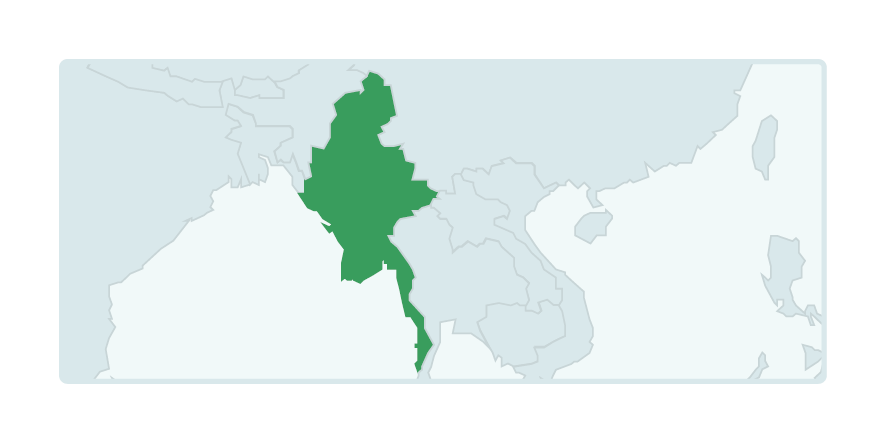Access to energy is crucial for economic and social development. In Myanmar, with long power outages throughout the year or areas that are not yet electrified, the issue of access to energy is of particular importance. 4 million households have no access to electricity. According to the World Bank, increasing the power supply-demand gap is the major challenge to securing reliable electricity services in the country. Working on improving the supply chain and providing tailored financial solutions are key elements for improving a situation that has significantly deteriorated since 2021.
For GRET, energy transition requires sustainable improvement of access to reliable, affordable, environmentally respectful energy for populations living in energy poverty.
In this context, together with its partners Geres and Thitsar Ooin, GRET is implementing a project to improve access to renewable electricity and use of energy-efficient products by MSMEs and rural households in four regions of Myanmar. The project entitled Securing Energy Needs and Transition of Rural areas in Myanmar (SENTRUM) aims to ensuring physical availability of equipment, mainly solar, through support to last-mile distributors, mini-grid infrastructure build-out and the development of sustainable financial mechanisms to ensure the affordability of energy-efficient products. In addition to supporting the distribution of energy-access solutions and energy-efficient products, the project also aims to contribute to capacity-building and to develop job opportunities in the green economy. SENTRUM is training and supporting rural people and MSMES, particularly young women and men, to practise a green or greening trade and to efficiently manage an entrepreneurial activity.
1. Availability of efficient and sustainable sources of renewable electricity for economic actors and rural households is improved.
2. Access to energy-efficient products for rural households is strengthened, while developing business opportunities for women entrepreneurs, and craftsmen in the housing sector.
3. Enhanced capacity of individuals and MSMEs involved in green jobs, as well as fostering business opportunities in the renewable energy and appliances sectors.
